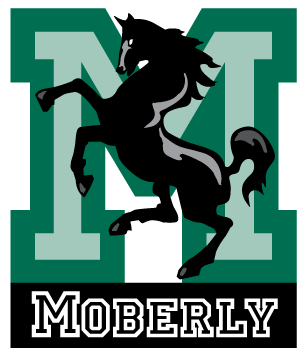Assessment and Reporting
At Walter Moberly Elementary School, we are committed to fostering an equitable and inclusive learning environment that supports each student's growth. Our assessment and reporting practices are designed to provide clear, meaningful, and timely feedback to students and their families, aligning with the guidelines set by the British Columbia Ministry of Education and the Vancouver School Board.
Purpose of Assessment
Assessment at Moberly serves to advance learning by helping students answer three fundamental questions:
- Where am I now?
- Where am I going?
- How do I get there?
This approach encourages self-reflection and empowers students to take an active role in their educational journey.
Assessment Methods
Our teachers employ a variety of assessment methods to capture a comprehensive picture of each student's progress, including:
- Observations
- Conversations
- Student self-assessments
- Analysis of student work
These diverse strategies ensure that assessments are ongoing and responsive, providing valuable insights to inform instruction and support individual learning needs.
Communicating Student Learning
We believe in maintaining open and transparent communication with families regarding student progress. Throughout the school year, we provide a minimum of five communications:
Ongoing Communications (twice per school year): These may include:
- Student-Led conferences (student, parent, teacher)
- Electronic portfolio reviews
- Parent-teacher meetings
- Reflections on student work
- Interim written reports
- Demonstrations of learning
Formal Written Reports (three times per school year):
- Two Progress Report: This report includes descriptive comments on student strengths, areas for growth, and ways to support learning, accompanied by a proficiency scale indicating the student's progress relative to grade-level expectations.
- Summative Report (by the end of June): This comprehensive report provides an overview of the student's learning throughout the year, including proficiency scale assessments for each subject area and the student's self-assessment of the Core Competencies (Communication, Thinking, and Personal and Social).
For students with an Individual Education Plan (IEP), the formal reports will include a summary of progress toward IEP goals.
Proficiency Scale
To clearly communicate student progress, we use a proficiency scale with the following indicators:
- Emerging: The student demonstrates an initial understanding of the concepts and competencies relevant to the expected learning.
- Developing: The student demonstrates a partial understanding of the concepts and competencies relevant to the expected learning.
- Proficient: The student demonstrates a complete understanding of the concepts and competencies relevant to the expected learning.
- Extending: The student demonstrates a sophisticated understanding of the concepts and competencies relevant to the expected learning.
This scale provides a nuanced view of student learning, highlighting areas of strength and opportunities for further development.
Core Competencies and Self-Assessment
Central to our curriculum are the Core Competencies: Communication, Thinking, and Personal and Social. We encourage students to engage in self-assessment to reflect on their development in these areas, fostering self-awareness and goal-setting skills essential for lifelong learning.
Parental Involvement
We recognize parents and caregivers as vital partners in the educational process. We encourage regular communication between home and school to support student learning. If you have any questions or require further information about our assessment and reporting practices, please do not hesitate to contact your child's teacher or the school administration.
By working together, we can ensure that each student at Walter Moberly Elementary School reaches their full potential.

